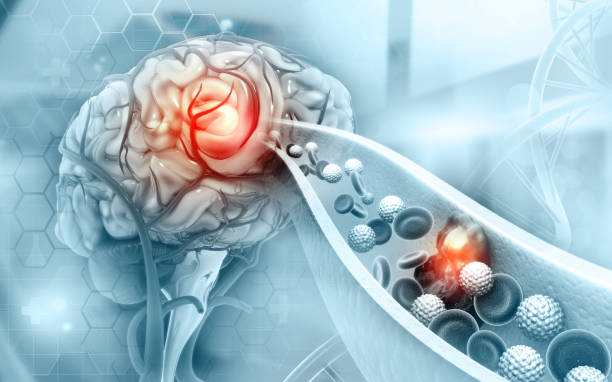How AI Is Transforming Mental Healthcare
As technology continues to revolutionize nearly every aspect of modern life, the mental healthcare field stands poised on the brink of a new era. With innovative applications of artificial intelligence, machine learning, and data analytics, mental health providers have an unprecedented opportunity to enhance and expand their services like never before. In this piece, we’ll explore how these emerging technologies can augment therapists’ capabilities, increase access to care, and provide more personalized treatment plans – ultimately revolutionizing mental healthcare as we know it. From chatbots to predictive analytics, the future looks bright for a tech-enabled approach to supporting mental wellness. Read on as we dive into the details of how AI stands ready to revolutionize care through technology.
Benefits of AI-Enhanced Mental Health Services
AI has the potential to revolutionize mental healthcare delivery. AI-enhanced services can expand access, reduce costs, and improve outcomes.
AI-powered mental health mobile apps and chatbots offer on-demand support. They use natural language processing to understand symptoms, gauge risk levels, and recommend coping strategies or next steps. These tools expand access by providing confidential, stigma-free help 24/7.
Machine learning also enables AI systems to detect mental health conditions from speech or written text. Researchers have developed algorithms that can identify signs of conditions like depression or PTSD with high accuracy. These AI diagnostic tools could help clinicians make faster, more accurate diagnoses and better treatment plans.
AI and predictive analytics allow for personalized treatment. By analyzing patient data and responses, AI systems can adapt treatment strategies to individual needs. They can also predict the likelihood of outcomes and recommend adjustments to maximize the chances of remission or recovery.
While AI cannot replace clinicians, it can enhance their work. AI has the potential to improve care access and quality, reduce costs, and help clinicians and patients better manage mental health. By incorporating AI into treatment, care teams gain valuable insights and tools for providing the best possible support.
AI will undoubtedly transform mental healthcare. The future is one where people have expanded access to effective, personalized treatment thanks to human and artificial intelligence working together.
Implementing AI in Clinical Settings: Challenges and Best Practices
AI-enhanced mental health services provide many advantages over traditional methods of care.
– Increased access. AI systems can provide on-demand support 24 hours a day, 7 days a week. This allows more people to get the help they need, especially those in remote or underserved communities.
– Reduced stigma. The anonymity of AI-based services helps eliminate the stigma around seeking mental health treatment. People may feel more comfortable opening up to an AI system.
– Personalized treatment. AI has the ability to analyze large amounts of data to identify patterns and insights. This can help determine the best treatment approaches for each individual based on their unique conditions and experiences. Treatment plans can then be tailored to specific needs and adjusted over time based on feedback and outcomes.
– Continuous monitoring and support. AI systems have the potential for continuous monitoring and support between visits with a human clinician. They can track mental health conditions, monitor warning signs, and provide supportive messages or advice as needed to help avoid crises.
– Improved outcomes. When combined, increased access, reduced stigma, personalized treatment, and continuous support can lead to better engagement with mental health services and improved health outcomes overall. AI may enhance human providers’ abilities to support patients in new ways.
AI will not replace human mental health professionals but rather augment their abilities. By leveraging AI to handle routine tasks, clinicians can focus on the human elements of care. The future of mental health care will likely involve partnerships between humans and AI working together to produce optimal results.











Comments